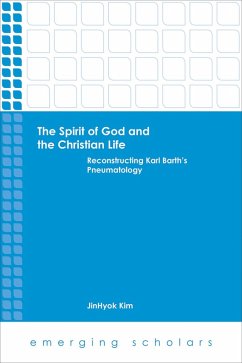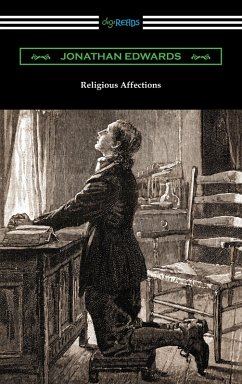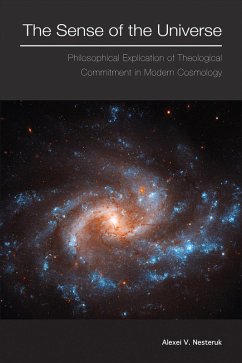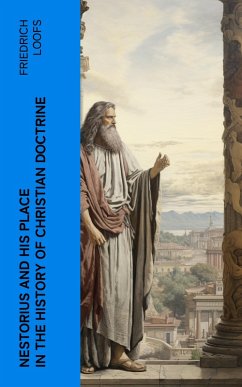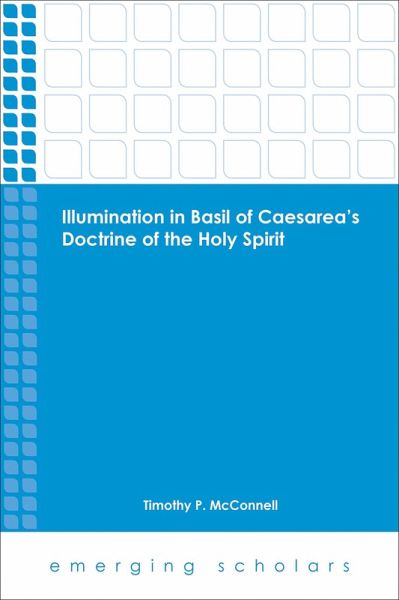
Illumination in Basil of Caesarea's Doctrine of the Holy Spirit (eBook, ePUB)
Versandkostenfrei!
Sofort per Download lieferbar
36,95 €
inkl. MwSt.
Weitere Ausgaben:

PAYBACK Punkte
18 °P sammeln!
If Basil of Caesarea receives mention in a standard course of lectures on Christian theology or history it is as the first person to write a dedicated discourse on the Holy Spirit. Ironically, the primary question about Basil for scholars is whether he fully believed in the divinity of the Holy Spirit himself.Timothy McConnell argues that Basil did regard the Holy Spirit as fully divine and an equal Person of the Holy Trinity. However, Basil refused to use philosophical terminology to make the point, preferring instead to prove the divinity of the Holy Spirit by what the Spirit himself reveale...
If Basil of Caesarea receives mention in a standard course of lectures on Christian theology or history it is as the first person to write a dedicated discourse on the Holy Spirit. Ironically, the primary question about Basil for scholars is whether he fully believed in the divinity of the Holy Spirit himself.
Timothy McConnell argues that Basil did regard the Holy Spirit as fully divine and an equal Person of the Holy Trinity. However, Basil refused to use philosophical terminology to make the point, preferring instead to prove the divinity of the Holy Spirit by what the Spirit himself revealed through divine act and Holy Scripture. Thus, "illumination" becomes the primary paradigm that Basil used to argue the divinity of the Holy Spirit, rather than philosophical rationalism of his time.
What Basil called illumination, later theologians would come to refer to as 'theology of revelation' setting the stage for this study's high relevance for contemporary thought.
Timothy McConnell argues that Basil did regard the Holy Spirit as fully divine and an equal Person of the Holy Trinity. However, Basil refused to use philosophical terminology to make the point, preferring instead to prove the divinity of the Holy Spirit by what the Spirit himself revealed through divine act and Holy Scripture. Thus, "illumination" becomes the primary paradigm that Basil used to argue the divinity of the Holy Spirit, rather than philosophical rationalism of his time.
What Basil called illumination, later theologians would come to refer to as 'theology of revelation' setting the stage for this study's high relevance for contemporary thought.
Dieser Download kann aus rechtlichen Gründen nur mit Rechnungsadresse in A, B, BG, CY, CZ, D, DK, EW, E, FIN, F, GR, HR, H, IRL, I, LT, L, LR, M, NL, PL, P, R, S, SLO, SK ausgeliefert werden.




